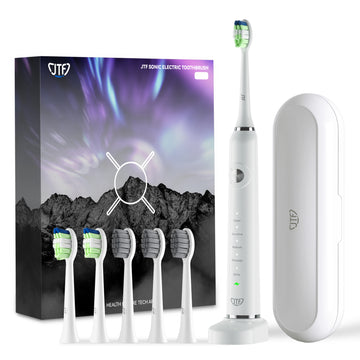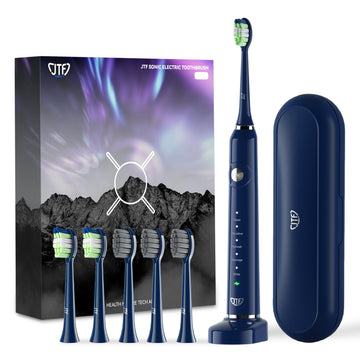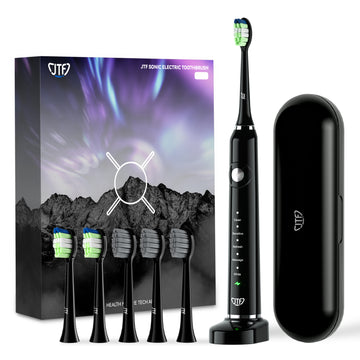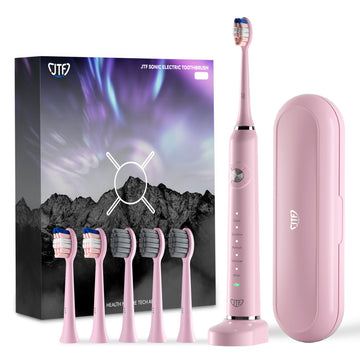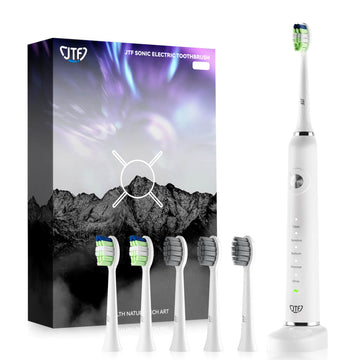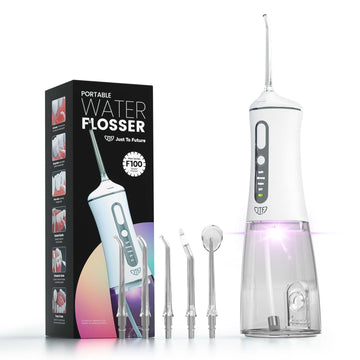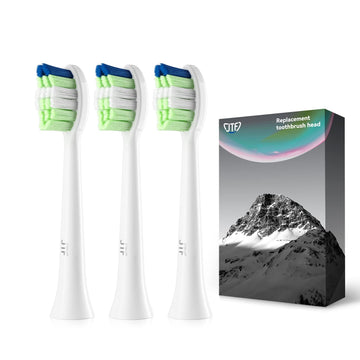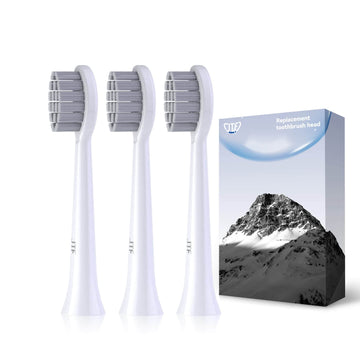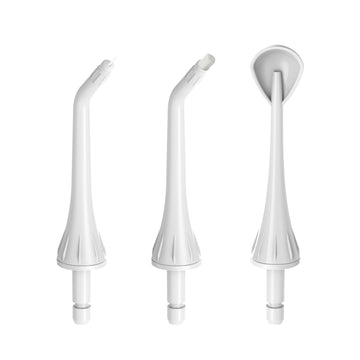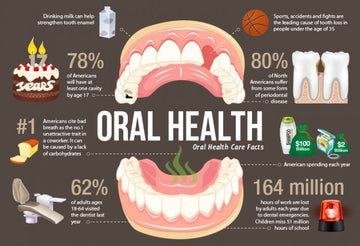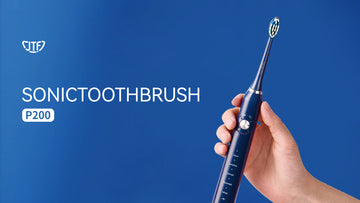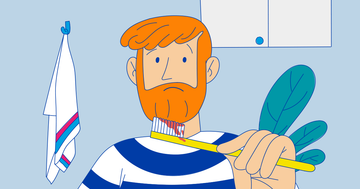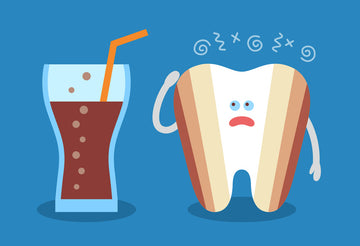
Being a professional and a soda drinker is not a contradiction. Besides, I am surrounded by dentists, and you have never seen these people show off carbonated drinks.
How soft drinks hurt your teeth
You may have had a sugary drink today — and there’s a good chance it was soda or cola. But can also have ill effects on your smile, Any food or drink that contains sugar and is acidic, including soft drinks, can contribute to tooth decay and erosion
What Happens to Teeth When Drink Soda?
Erosion
Erosion begins when the acids in soft drinks encounter the tooth enamel, which is the outermost protective layer on your teeth. Their effect is to breaks down the enamel on your teeth and softens it, making the enamel more prone to decay.
Cavities
On the other hand, acids can also reach the dentin layer below the enamel. People who regularly drink soft drinks can develop tooth decay or caries over time.
What is Tooth Enamel?
Tooth enamel is the hardest tissue in the human body, and its basic structure is hydroxyapatite (HA).Hydroxyapatite is corroded by acid

Several dentists took a deep dive into the pH of cola and its impact on oral health. First, they measured the pH of cola that is commonly found on the market.

This article was published in the International Journal of Dentistry, the top journal of stomatology, with an impact factor of 2.44.Studies have proved that cola, as a carbonated beverage, without exception, can cause tooth erosion; and the tooth changes caused by this acid erosion are irreversible in a normal oral environment.
I asked the assistant to take a picture of my teeth, even non-professionals can quickly find the abnormality,

The positions marked by the arrows are the positions of different degrees of demineralization of the teeth. Although I have always boasted that my teeth are basically fine, except for the uneven teeth and no orthodontics, but these points of demineralization due to carbonated drinks, every time I carefully It looks like it's hitting me in the face as a professional.
Severe tooth demineralization will have color, shape changes; sensitivity, pain and other symptoms; and even develop into dental caries. In addition to the most common carbonated beverages, the causes of tooth demineralization include local soft scale accumulation caused by poor cleaning after wearing orthodontic devices, and demineralization of the tooth surface surrounding the brackets.

In addition, poor oral hygiene habits are also one of the common reasons for demineralization.
How to prevent damage
The obvious solution? Stop drinking soda. But many of us just can’t seem to kick the habit. There are things you can do to lessen the risk of damaging your teeth, however.
- Use a straw. This will help keep the damaging acids and sugars away from your teeth.
- Rinse your mouth with water afterward. Flushing your mouth with some water after drinking soda will help wash away any remaining sugars and acids, and stop them from attacking your teeth.
- Wait before you brush. Despite what you may think, brushing immediately after you have a soda isn’t a good idea. That’s because the friction against the vulnerable and recently acid-attacked teeth can do more harm than good. Instead, wait 30 to 60 minutes.
- Avoid soft drinks before bedtime. Not only will the sugar likely keep you up, but the sugar and acid will have all night to attack your teeth.
- Get regular dental cleanings. Regular checkups and exams will identify problems before they worsen.
Do Electric toothbrush damage tooth enamel?
Research shows that An electric toothbrush does not cause damage to the teeth or the enamel (under normal circumstances).
Do these to protect enamel when you brushing
Choose "Sensitive" modes
JTF Sonic toothbrush has 5 brushing modes, Clean(gentle), White(strong), Refresh(strong invert frequency), Message(gentle invert frequency), and Sensitive(soft) to fit different conditions of teeth or gums, so you can choose different modes according to your preferences and dentist's recommendations.
Don’t press too hard
If you press your toothbrush too hard against your teeth, it can harm the gums and cause damage to the enamel, causing your teeth to become sensitive to hot and cold temperatures. Applying less pressure and brushing your teeth for longer is much more effective and will look after your teeth.
Change the head
The bristles of a toothbrush are specially rounded to prevent damage to the enamel and gums. During everyday use, the bristles will wear down, move out of place and fall out, potentially leading to enamel abrasion. In order to avoid this, you should replace the head of your electric toothbrush every two to three months.


